What is the difference between ChatGPT and GPT-3?
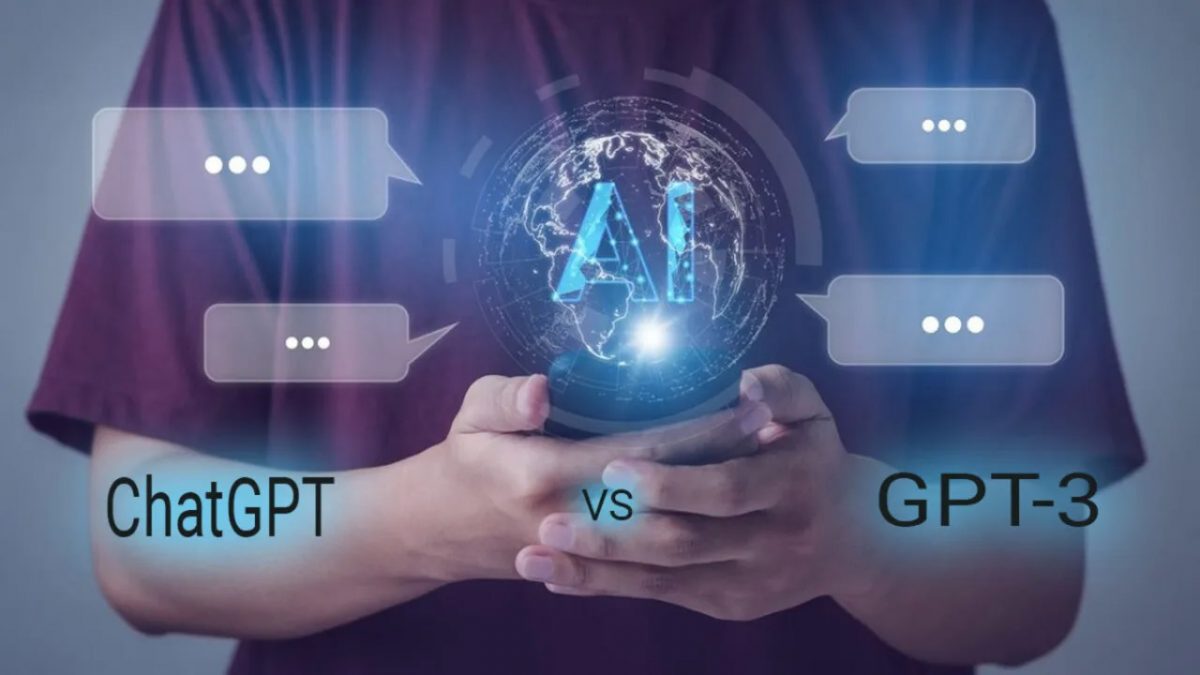
ChatGPT is an incredibly popular AI chatbot that has been taking the internet by storm since it launched at the beginning of December. However, the OpenAI chatbot is not the first generative AI text machine and actually follows the roll-out of GPT-3, which itself launched in June 2020. Both of these products are similar but not exactly the same. Let’s take a look at ChatGPT and GPT-3 and explore what makes them different as well as what similarities they share.

As it was released earlier, it makes sense to start with GPT-3 (Generative Pre-trained Transformer 3). Developed by OpenAI, GPT-3 is a general-purpose language model that can generate human-like text based on user prompts and perform a wide range of related language tasks, such as translation, summarization of long texts into more easily digestible points, question answering, and more. The large language model is trained on a diverse dataset of billions of words and has the ability to generate coherent human-like paragraphs of text.
ChatGPT is a variant of the GPT-3 language model also developed by OpenAI. Both are similar in that ChatGPT and GPT-3 are based on the Transformer architecture, which makes it into the name of the two tools and both use large amounts of data and powerful computational resources to learn the patterns and structure of language, which they can then generate coherently. However, there are differences between the two that are worth noting.
The major difference is that the GPT-3 protocol is much larger than ChatGPT. The former has a whopping 175 billion parameters making it one of the largest and most powerful AI language processing models to date, while the latter has 20 billion parameters. This is because ChatGPT has been specifically designed to generate human-like text in the context of chatbot conversations. Accordingly, it has been trained with specific datasets of chatbot interactions. This is likely why one of the reasons there are so fewer parameters.
The other big difference between the two is accessibility. ChatGPT is much more readily available to the public while GPT-3 is reserved for more considered use. This is why ChatGPT has exploded in popularity compared to a more limited awareness among the general public GPT-3.
In short, then, ChatGPT is a more specialized version of GPT-3, which has been optimized for more chat-like interactions. This makes it much more fun to use. On top of this it is easier to access and free to use compared to its older sibling. If you would like to check out ChatGPT and give it a go, check out our ChatGPT guide, which will explain in greater detail what is, how to use it, and what to use it for.




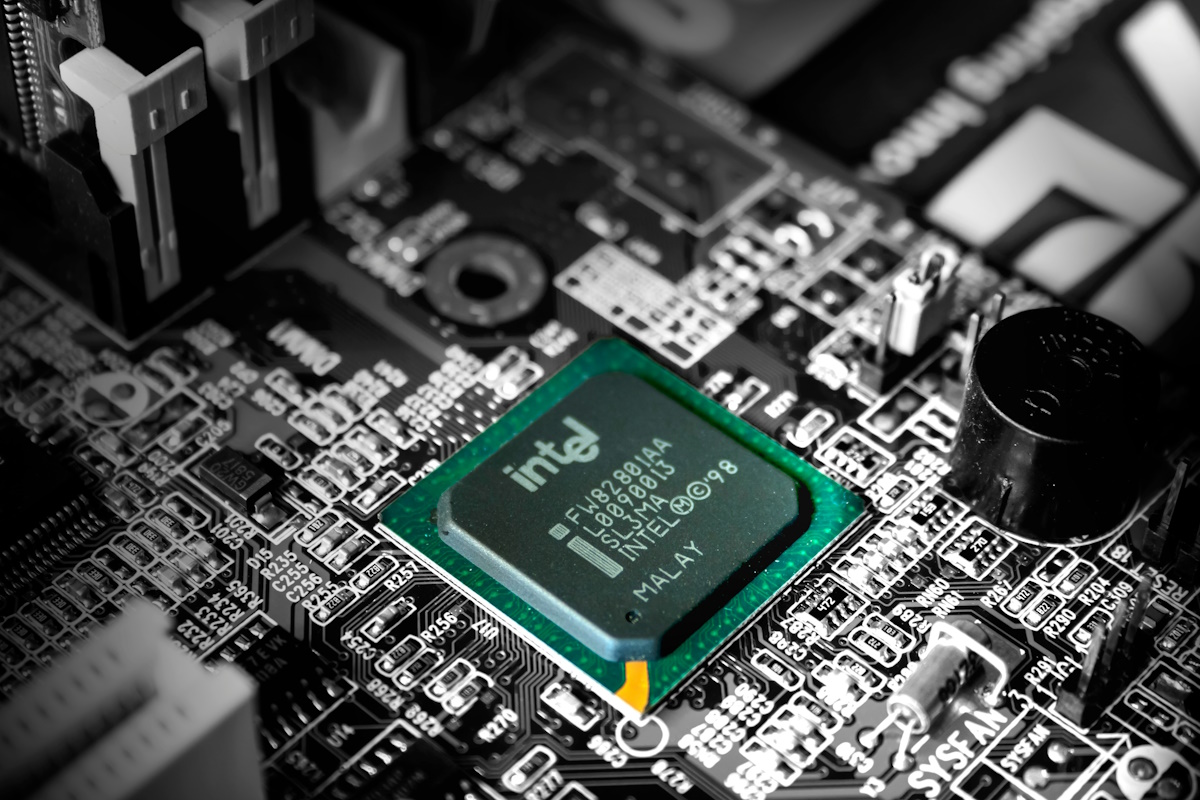








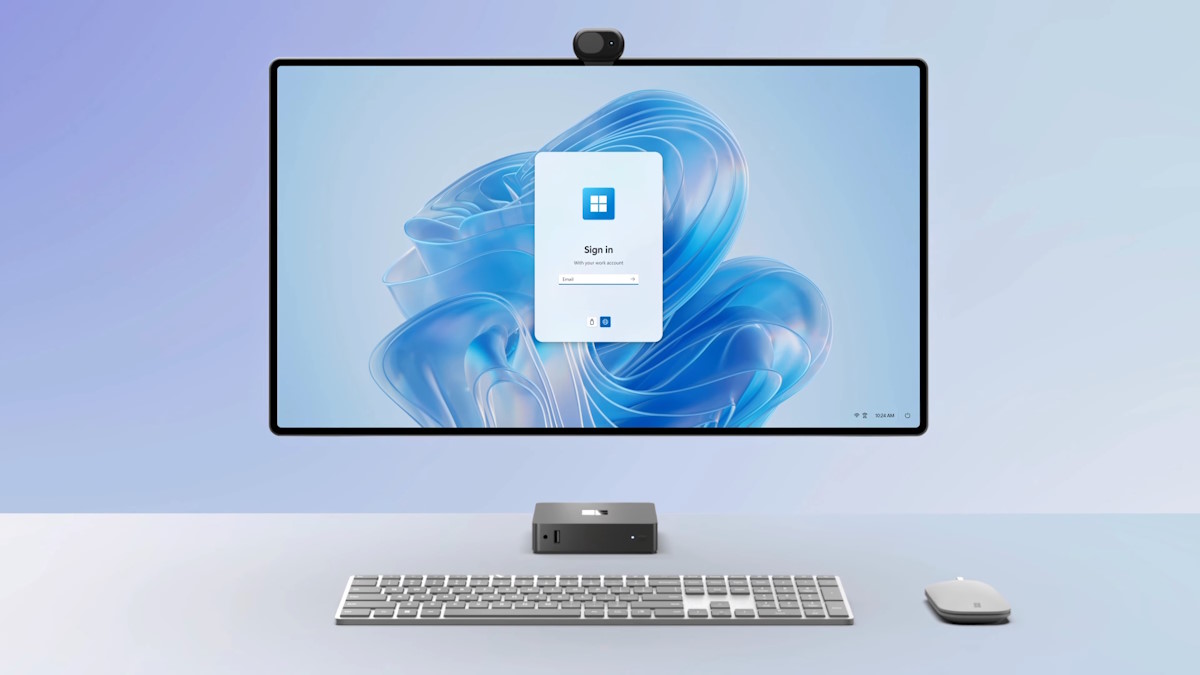
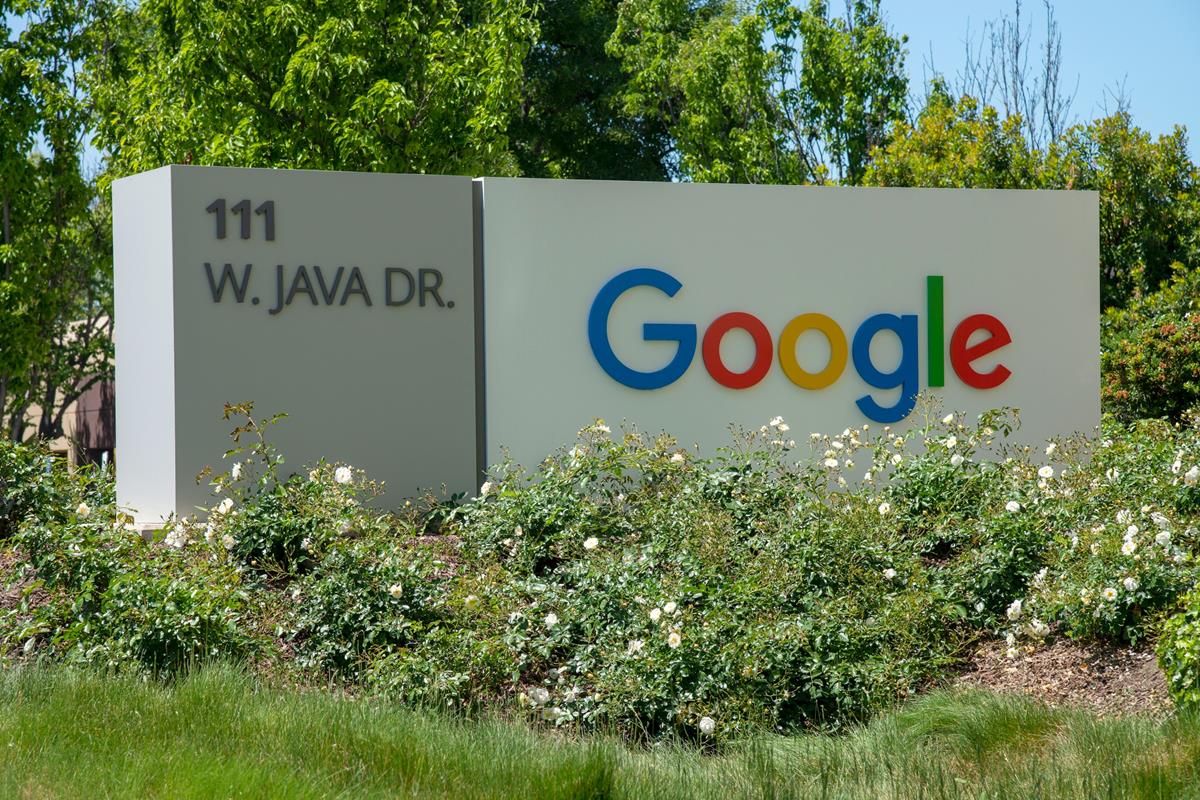



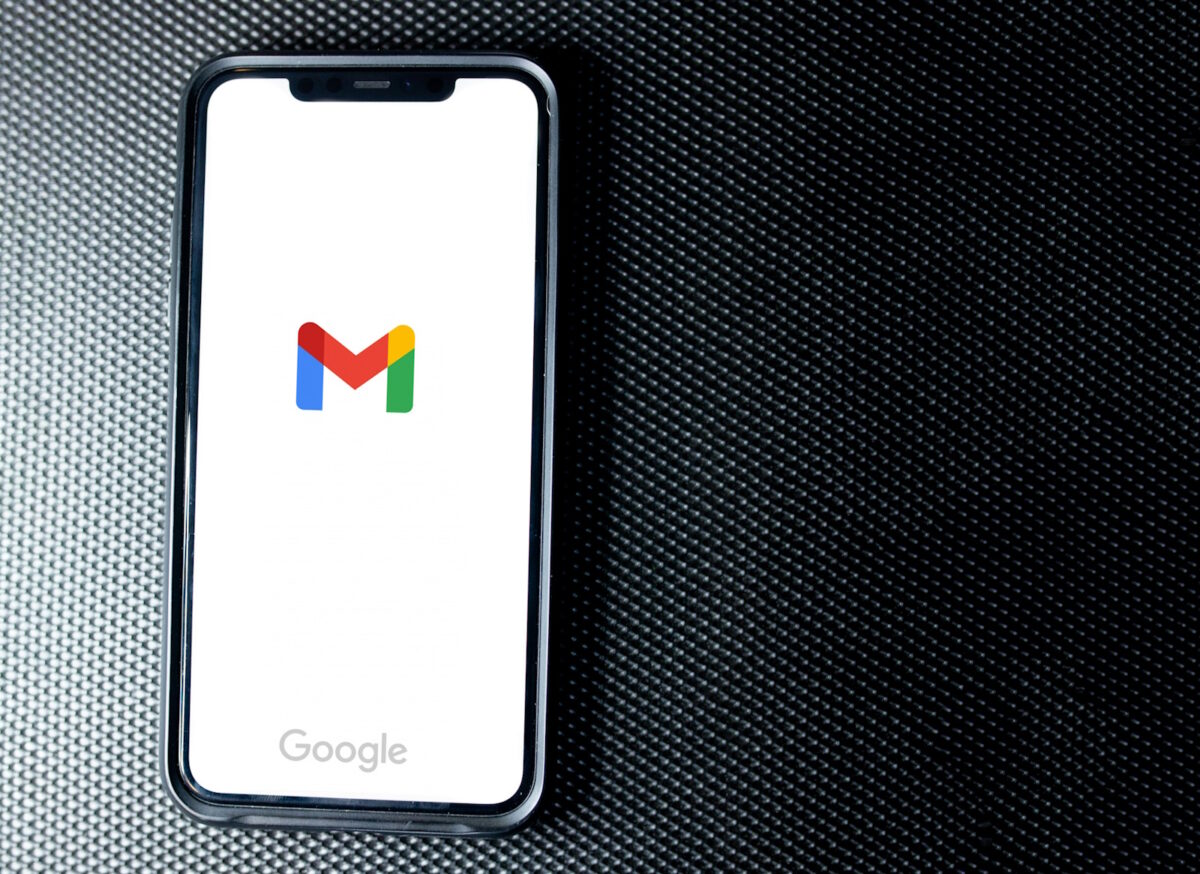
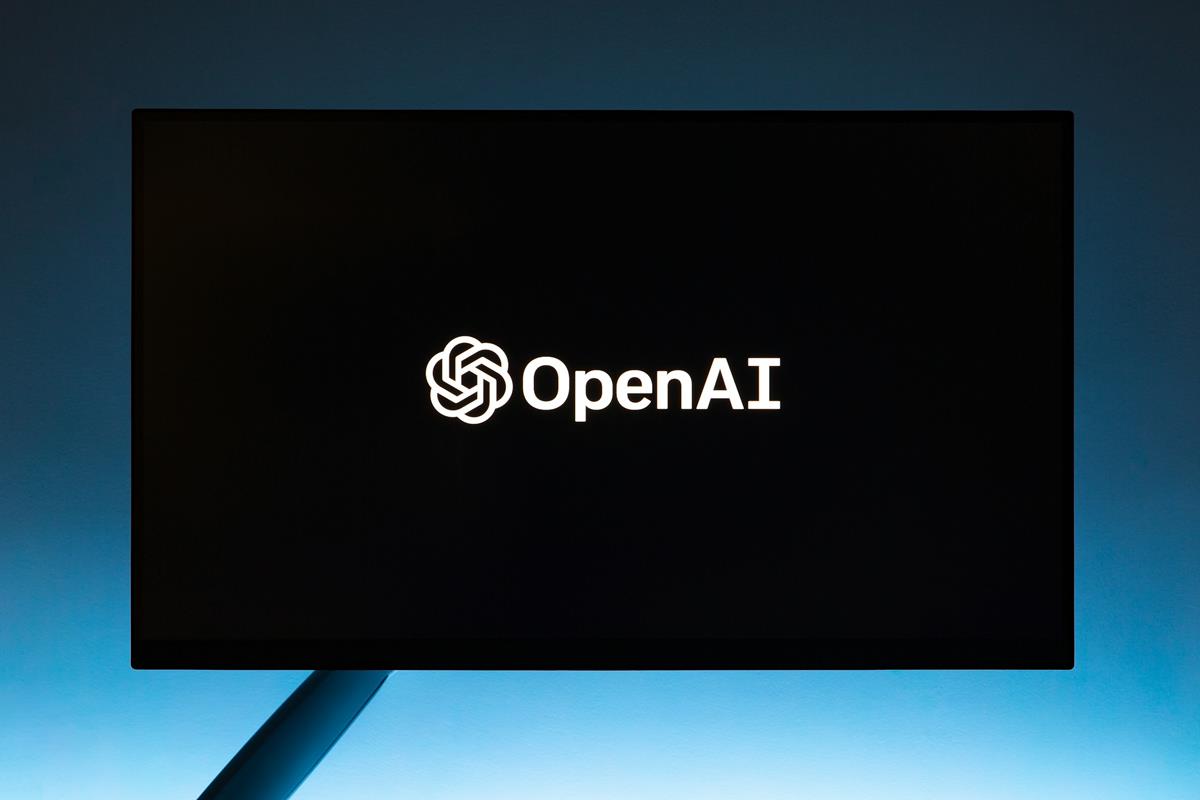




Where are you getting this 20 billion parameter? I cannot find a single thing to back it up. Most everything I’ve read is it’s based on GPT-3 and would have the similar 175b params.